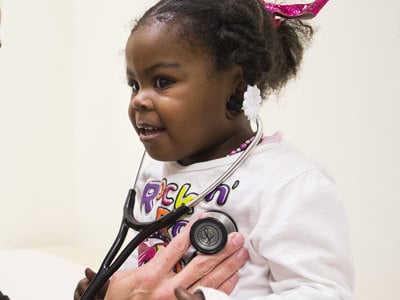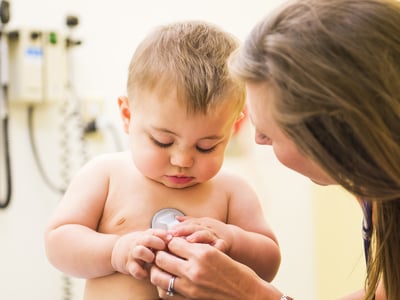- Doctors & Departments
-
Conditions & Advice
- Overview
- Conditions and Symptoms
- Symptom Checker
- Parent Resources
- The Connection Journey
- Calm A Crying Baby
- Sports Articles
- Dosage Tables
- Baby Guide
-
Your Visit
- Overview
- Prepare for Your Visit
- Your Overnight Stay
- Send a Cheer Card
- Family and Patient Resources
- Patient Cost Estimate
- Insurance and Financial Resources
- Online Bill Pay
- Medical Records
- Policies and Procedures
- We Ask Because We Care
Click to find the locations nearest youFind locations by region
See all locations -
Community
- Overview
- Addressing the Youth Mental Health Crisis
- Calendar of Events
- Child Health Advocacy
- Community Health
- Community Partners
- Corporate Relations
- Global Health
- Patient Advocacy
- Patient Stories
- Pediatric Affiliations
- Support Children’s Colorado
- Specialty Outreach Clinics
Your Support Matters
Upcoming Events
Child Life 101
Wednesday, June 12, 2024Join us to learn about the work of a child life specialist, including...
-
Research & Innovation
- Overview
- Pediatric Clinical Trials
- Q: Pediatric Health Advances
- Discoveries and Milestones
- Training and Internships
- Academic Affiliation
- Investigator Resources
- Funding Opportunities
- Center For Innovation
- Support Our Research
- Research Areas

It starts with a Q:
For the latest cutting-edge research, innovative collaborations and remarkable discoveries in child health, read stories from across all our areas of study in Q: Advances and Answers in Pediatric Health.


Toxicity & the Most Common Pediatric Overdoses (S2:E29)
In pediatric medicine, there's an interesting bimodal age distribution of poisoning in children. Toddlers make up the majority of cases, with a large number of accidental poisonings from household products, cosmetics and medications that aren't properly stored. The second peak occurs during adolescence, with an increase in intentional poisonings arising from drug abuse or misuse and behavioral health concerns. This presents a wide range of toxicity issues pediatricians need to be aware of.
Listen to our pediatric emergency medicine expert discuss the most common overdoses in children
In today's episode of Charting Pediatrics, we explore the topic of toxicity and the most common overdoses in pediatric medicine.
We're thrilled to welcome Sam Wang, MD, back to the podcast to lead today's discussion. Dr. Wang joined us earlier this season when we covered the timely topic of Marijuana as Medicine (S2:E14). He is a pediatric emergency medicine physician and medical toxicologist at Children's Hospital Colorado and the University of Colorado School of Medicine.
In today's episode, we discuss:
- The most common overdoses in children
- The two peaks of overdose distribution
- Distribution in the highest peak (lips, sips, tastes, ingestion)
- The most common substances young children tend to ingest, including household products, chemicals and cosmetics
- Who parents and guardians should call first when they suspect a child has been poisoned
- The most common overdoses and types of drugs that are abused by adolescents
- The highest drug toxicities and fatalities among children and adolescents of all ages
- Some of the most common over-the-counter medications that can be toxic to pediatric patients
- Implications of ingestible marijuana products that are available in Colorado, including increases in ER visits
- The benefits of legislative acts that focus on child-safe packaging
- The newest names for street drugs and novel drugs that children abuse
- Lab studies done for children, such as drug screens
- The most common treatments that pediatricians can use when a child has ingested something toxic or poisonous
- The "Costco-sized" concern around proper storage of household and pharmaceutical products
- Considerations for primary care pediatricians (PCPs) when a child has delayed symptomatic onset to ingestion and/or exposure to something toxic
- Some common misconceptions about the true dangers of over-the-counter medications
- Proven multidisciplinary approaches providers can use for patients with repeat overdose cases
- Why pediatric overdose prevention efforts, both in the office and at an advocacy level, are so important for the health of children
Treating pediatric overdoses at Children's Colorado
When a child or adolescent needs to be treated for an overdose, they're seen by the pediatric experts in our Emergency Care Department. Kids' health emergencies require special expertise, and our emergency room only treats children and adolescents. Refer a patient to Children's Colorado.



 720-777-0123
720-777-0123






